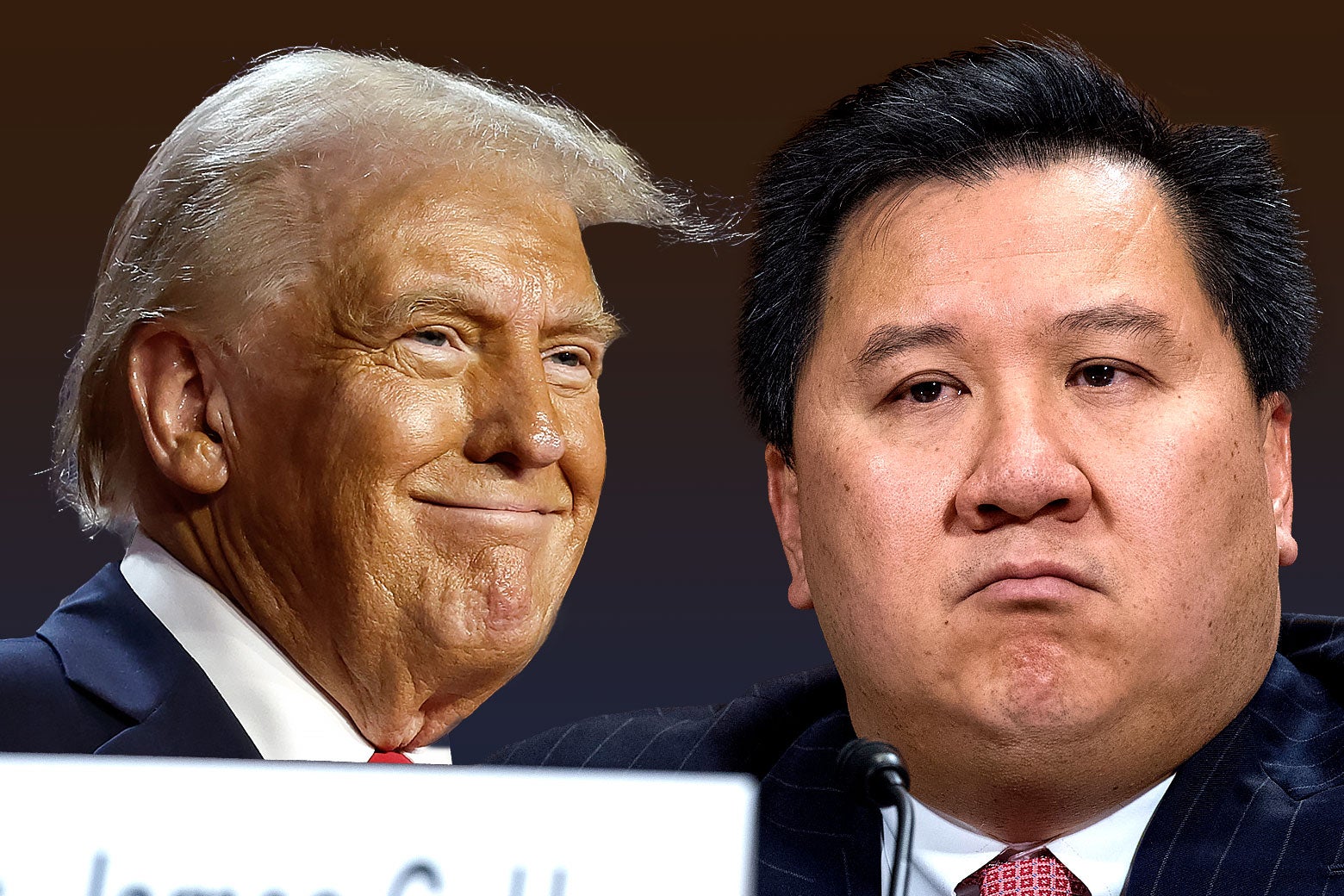WASHINGTON — Rep. Dan Goldman, D-N.Y., plans to file a resolution in the House on Thursday that would express support for the 22nd Amendment of the Constitution, which sets the term limits for the president.
Term limits are already enshrined in the Constitution in the 22nd Amendment, so the resolution would have little tangible effect, and it’s unclear whether it will get a vote on the House floor, which Republicans control. However, he could introduce it as a privileged resolution to force Republicans to vote on the matter.
The resolution, which NBC News obtained Wednesday, reaffirms that the 22nd Amendment “applies to two terms in the aggregate as President of the United States” and reaffirms that it “applies to President-elect Trump.” The resolution lists a number of instances in which Trump has joked or floated the idea of serving longer than two terms in the White House or being a dictator.
The New York Times first reported the resolution.
At the House Republican Conference meeting Wednesday, as the media was being led out of the room, Trump, 78, said, “I suspect I won’t be running again unless you say, ‘He’s so good, we’ve got to figure something else.'”
His comment was met with some chuckles throughout the room, and he noted, “The people leaving now in the back of the [room] will write that I said that.”
When Trump is sworn in to office in January, he will not be eligible for another term under the limits that have existed for more than 70 years.
The 22nd Amendment says, “No person shall be elected to the office of the President more than twice,” and it also says vice presidents who eventually become president can be elected to two terms if they have served less than two years of their predecessors’ terms, according to the Congressional Research Service.
Congress proposed the 22nd Amendment in 1947, when Harry Truman was president, after Franklin D. Roosevelt served three consecutive terms and had just started a fourth when he died in 1945. The amendment was formally ratified in 1951 after the states completed the ratification process.
To amend the Constitution and modify term limits for president, both the House and the Senate would need to approve amendment language by two-thirds votes. Then it must be ratified by three-quarters of the states, or 38. States would also have the option of petitioning Congress to call a constitutional convention, but two-thirds of states would have to agree, according to the National Conference of State Legislatures. Trump won 34 states in this year’s election.





:quality(75)/https%3A%2F%2Fassets.lareviewofbooks.org%2Fuploads%2Fspeculative%20whiteness%20carroll.jpg)









